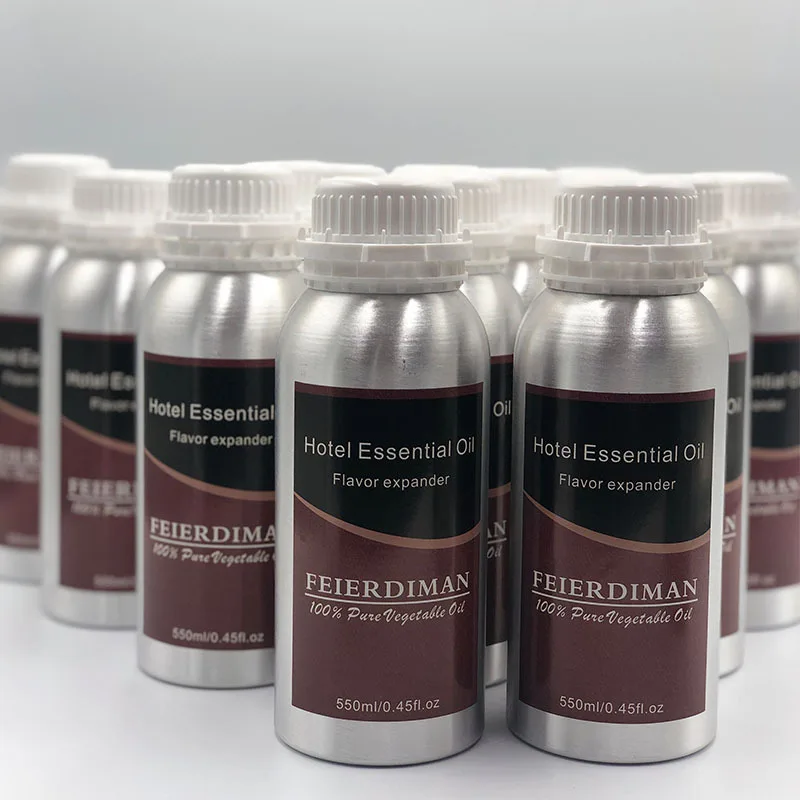As the Trump administration considers rescheduling marijuana, Congressional Democrats have filed a bill to federally legalize cannabis by descheduling it altogether.
In addition to removing the drug from the Controlled Substances Act (CSA), the new legislation also contains a variety of provisions meant to promote equity and address the collateral consequences of prohibition.
On Friday, Rep. Jerrold Nadler (D-NY), reintroduced the Marijuana Opportunity, Reinvestment and Expungement (MORE) Act, alongside three dozen cosponsors.
This is the fourth session in a row that Nadler has put forward the proposal. It passed the House twice under Democratic control while the sponsor served as chairman of the Judiciary Committee, but it did not advance last session with Republicans in the majority.
“As more states continue to legalize marijuana and public support increases, federal laws must catch up and reverse failed policies criminalizing marijuana,” Nadler said in a press release. “It is long past time to decriminalize marijuana at the federal level, expunge marijuana convictions, and facilitate resentencing, while reinvesting in the communities most adversely impacted by the War on Drugs.”
Despite uncertainty about its prospects of advancing this Congress—especially at a time when President Donald Trump is actively considering a more modest proposal to simply reschedule cannabis—advocates are again touting the MORE Act as an example of the type of wide-ranging cannabis reform legislation would take necessary steps to right the wrongs of prohibition and promote social equity.
The latest version of the legislation is largely consistent with past iterations, with certain technical changes including updated data in its findings section, for example.
Initial cosponsors of the bill include Reps. Dina Titus (D-NV), Ilhan Omar (D-MN), Lou Correa (D-CA), Ted Lieu (D-CA), Eleanor Holmes Norton (D-DC), Pramila Jayapal (D-WA), Chellie Pingree (D-ME) and more.
“For decades, marijuana criminalization has disproportionately targeted people of color and low-income communities,” Maritza Perez Medina, director of federal affairs at the Drug Policy Alliance (DPA), said. “This policy of marijuana criminalization has led to mass incarceration, family separation, deportation, and lost economic opportunities.”
“In addition to clearly and unambiguously descheduling marijuana, the MORE Act would address the vast social and economic harms caused by marijuana criminalization,” she said. “Anything short of descheduling will continue to perpetuate the harms of federal marijuana criminalization, and we urge members of Congress who oppose these harms to cosponsor MORE.”
Here are details about the key provisions of the MORE Act:
- The bill would deschedule marijuana by removing it from the list of federally banned drugs under the CSA. However, it would not require states to legalize cannabis and would maintain a level of regulatory discretion up to states.
- Marijuana products would be subject to a federal excise tax, starting at five percent for the first two years after enactment and rising to eight percent by the fifth year of implementation.
- Nobody could be denied federal public benefits based solely on the use or possession of marijuana or past juvenile conviction for a cannabis offense. Federal agencies couldn’t use “past or present cannabis or marijuana use as criteria for granting, denying, or rescinding a security clearance.”
- People could not be penalized under federal immigration laws for any cannabis related activity or conviction, whether it occurred before or after the enactment of the legalization legislation.
- The bill creates a process for expungements of non-violent federal marijuana convictions.
- Tax revenue from cannabis sales would be placed in a new “Opportunity Trust Fund.” Half of those tax dollars would support a “Community Reinvestment Grant Program” under the Justice Department, 10 percent would support substance misuse treatment programs, 40 percent would go to the federal Small Business Administration (SBA) to support implementation and a newly created equitable licensing grant program.
- The Community Reinvestment Grant Program would “fund eligible non-profit community organizations to provide a variety of services for individuals adversely impacted by the War on Drugs…to include job training, reentry services, legal aid for civil and criminal cases (including for expungement of cannabis convictions), among others.”
- The program would further support funding for substance misuse treatment for people from communities disproportionately impacted by drug criminalization. Those funds would be available for programs offering services to people with substance misuse disorders for any drug, not just cannabis.
- While the bill wouldn’t force states to adopt legalization, it would create incentives to promote equity. For example, SBA would facilitate a program to providing licensing grants to states and localities that have moved to expunge records for people with prior marijuana convictions or “taken steps to eliminate violations or other penalties for persons still under State or local criminal supervision for a cannabis-related offense or violation for conduct now lawful under State or local law.”
- The bill’s proposed Cannabis Restorative Opportunity Program would provide funds “for loans to assist small business concerns that are owned and controlled by individuals adversely impacted by the War on Drugs in eligible States and localities.”
- The comptroller general, in consultation with the head of the U.S. Department of Health and Human Services (HHS), would be required to carry out a study on the demographics of people who have faced federal marijuana convictions, “including information about the age, race, ethnicity, sex, and gender identity.”
- The departments of treasury, justice and the SBA would need to “issue or amend any rules, standard operating procedures, and other legal or policy guidance necessary to carry out implementation of the MORE Act” within one year of its enactment.
- Marijuana producers and importers would also need to obtain a federal permit. And they would be subject to a $1,000 per year federal tax as well for each premise they operate.
- The bill would impose certain packaging and labeling requirements.
- It also prescribes penalties for unlawful conduct such as illegal, unlicensed production or importation of cannabis products.
- The Treasury secretary would be required to carry out a study “on the characteristics of the cannabis industry, with recommendations to improve the regulation of the industry and related taxes.”
- The Bureau of Labor Statistics (BLS) would be required to “regularly compile, maintain, and make public data on the demographics” of marijuana business owners and workers.
- Workers in “safety sensitive” positions, such as those regulated by the Department of Transportation, could continue to be drug tested for THC and face penalties for unauthorized use. Federal workers would also continue to be subject to existing drug testing policies.
- References to “marijuana” or “marihuana” under federal statute would be changed to “cannabis.” It’s unclear if that would also apply to the title of the bill itself.
Dasheeda Dawson, board chair of Cannabis Regulators of Color Coalition (CRCC) said the organization “endorses the MORE Act because it delivers comprehensive reform America needs—ending prohibition while mandating equity, expungement and investment that communities most impacted by prohibition have long deserved.”
Getting a bill like the MORE Act through the GOP-controlled House and Senate is a tall task, however. And while Trump previously endorsed a Florida legalization ballot initiative, he’s given little indication he’d be willing to end prohibition altogether at the federal level.
A pending proposal to simply move cannabis from Schedule I to Schedule III under the CSA, which would not legalize it, is still in flux—though the president did recently say a decision was imminent.
Jason Ortiz, director of strategic initiatives at the Last Prisoner Project (LPP) said that, for decades, “cannabis prohibition has punished people for conduct that the vast majority of Americans believe should be legal.”
“In addition to descheduling cannabis, the MORE Act offers long-overdue relief by automatically expunging convictions and freeing people still suffering behind bars,” he said. “Now it’s time for Congress to pass this bill and deliver real justice to the countless individuals and families who continue to bear the scars of cannabis criminalization.”
In Congress, cannabis reform bills have lingered without action so far this session.
Earlier this month, a Republican congressman filed legislation to move marijuana to Schedule III, along the lines of the proposal the Trump administration is considering.
Another measure filed last month is intended to help small marijuana growers compete against large corporations when cannabis is federally legalized.
On the opposite side of the reform debate, GOP legislators introduced a measure in May that would prevent people from using federal financial assistance at marijuana dispensaries.
The first cannabis bill of the current session was introduced by a GOP congressman, designed to protect military veterans from losing government benefits for using medical cannabis in compliance with state law.
Even the Republican-led legislation has yet to come up for consideration so far this year, raising serious doubts about the prospect of advancing the MORE Act that would both legalize marijuana and enact equity-centered policies that key GOP members have historically resisted.
But advocates are keeping up pressure and making the case that the time for comprehensive reform is now.
“The House made history when it passed the MORE Act in the 116th and 117th Congresses,” Kat Murti, executive director of Students for Sensible Drug Policy (SSDP), said. “With the House once again leading the way, the Senate must act now to finally deliver on the promise of justice and opportunity nationwide.”
“Young people deserve a future free from the lifelong harms of prohibition, and we urge Congress to act swiftly to pass this legislation and begin repairing the injustices caused by decades of criminalization,” she said.
Morgan Fox, political director of NORML, said that as states “continue to move away from their failed experiments with cannabis prohibition, it is incumbent on Congress to resolve the growing conflict between state and federal law and do everything it can to repair the damage caused by nearly a century of disastrous criminalization policies.”
“This legislation embodies the wishes of more than two thirds of the American public, and will create a federal cannabis framework that respects states’ rights and is focused on science, pragmatism, and justice,” he said. “We strongly urge lawmakers on both sides of the aisle to support the MORE Act and call for its immediate consideration.”
Read the full text of the new congressional marijuana bill below:
Photo courtesy of Philip Steffan.



























